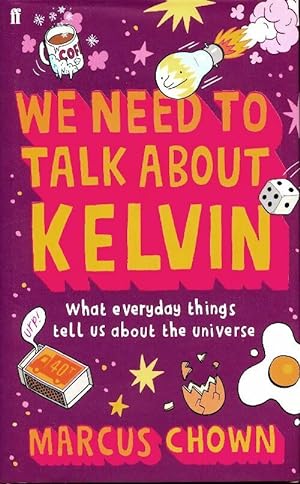
After all, US residents are much less aware of being ‘American’ than Yanks who live abroad, where you’re unremittingly ‘American’ to other people.

One of the ironies of leaving a country behind is that it follows you if anything, ex-pats are more actively engaged with their country of origin than the people who stay home. But as a long-time ex-pat I compulsively pass comment on the United States in most of my books.

Pierre, there seems to be this unspoken belief that by tackling the theme, you’re also discovering/saying something about America.”I don’t know how conscious that intent was I’m leery of going at any novel with the grandiose purpose of ‘saying something about America. Whether it’s Michael Moore or Gus Van Sant, or D.B.C. It’s as if these acts, based largely as they are in America, hold the key to a greater understanding of America. There is something though, for a number of artists, about school-shootings, that seems to fascinate. I just decided to do it that way, because I’m melodramatic, right?”, she jokes. I imagine the issues of parental responsibility, say, or the emotionally prescriptive nature of motherhood could have been explored without the school-shooting element. It’s these themes you think are subsumed that explain why this novel has attracted a certain amount of attention. Interestingly, it is not the school shooting stuff that people want to talk about, and if anything this aspect of the book has been more a commercial turn-off than come-on. I say that with some confidence, after having done many interviews like this one, and having spoken to a fair number of readers – objects Shriver. Not that the author would agree with you “I don’t think that these themes are overshadowed by the violence. You could argue, in fact, that the school-shooting background, while dramatic and topical, overshadows some of the more subtle themes. But in very short order, the idea dovetailed with my own fears about motherhood, and the chicken and the egg became one.” And they scream stories that newspapers never completely reveal: what was going on in these kids’ heads, what was really happening in their families. Something about those incidents provoked me, and activated my imagination – because they scream story. When writing the story of a mother who doesn’t like her son, and the story of a sociopathic killer who shoots his classmates down Columbine style, which idea provoked the other? “I suppose – says Shriver – I did first consider the school shooting phenomenon as worthy of my consideration. It is as much, for example, about the pressures of parenthood, and society’s expectations of women, as it is about the motives that drive a teenager to kill teachers and peers. Like all great books ( and yes, it is a great book), it has competing themes and depth. It’s simplistic to say that We need to talk about Kevin is about a high-School shooting.

KEVIN contains violence, but does not glorify it, and by the very end of the novel not only his mother, but Kevin himself has begun to perceive his trite high school mass murder as pathetic.”

“She objected that this novel could inspire copy-cat crimes, – explains Shriver – for which the author and her poor unwitting agent would be implicitly responsible.” While rejecting the notion of a self-imposed censorship (and thus the sage advice of her agent, which included ‘have you thought about making it into a comedy?’ ), that’s not to suggest that she hasn’t clear ideas about a writer’s responsibilities: “I do try to write from a perspective with which I am morally comfortable. The relationship between art and violence seems to come into particular play with this sensitive subject, as Shriver, the author of six previous novels, discovered when she presented We need to talk about Kevin to her then agent. “You’d never write Crime and Punishment, lest arrogant young men take axes to miserly crones”, argues the author, whose latest book has as its subject a mother coming to terms with the high-school murder rampage of her son. “If you don’t allow yourself to write characters who do disagreeable things–if you only allow yourself to write about what you would be glad for your readers to imitate in real life–then you’re pretty much constrained to characters who help little old ladies across the street and rescue cats from trees,” points out Lionel Shriver, author of We need to talk aobut Kevin.


 0 kommentar(er)
0 kommentar(er)
